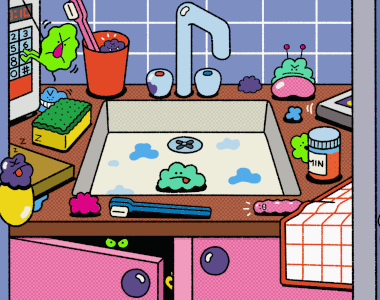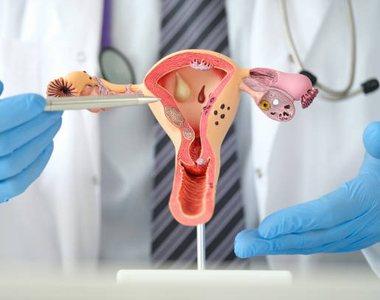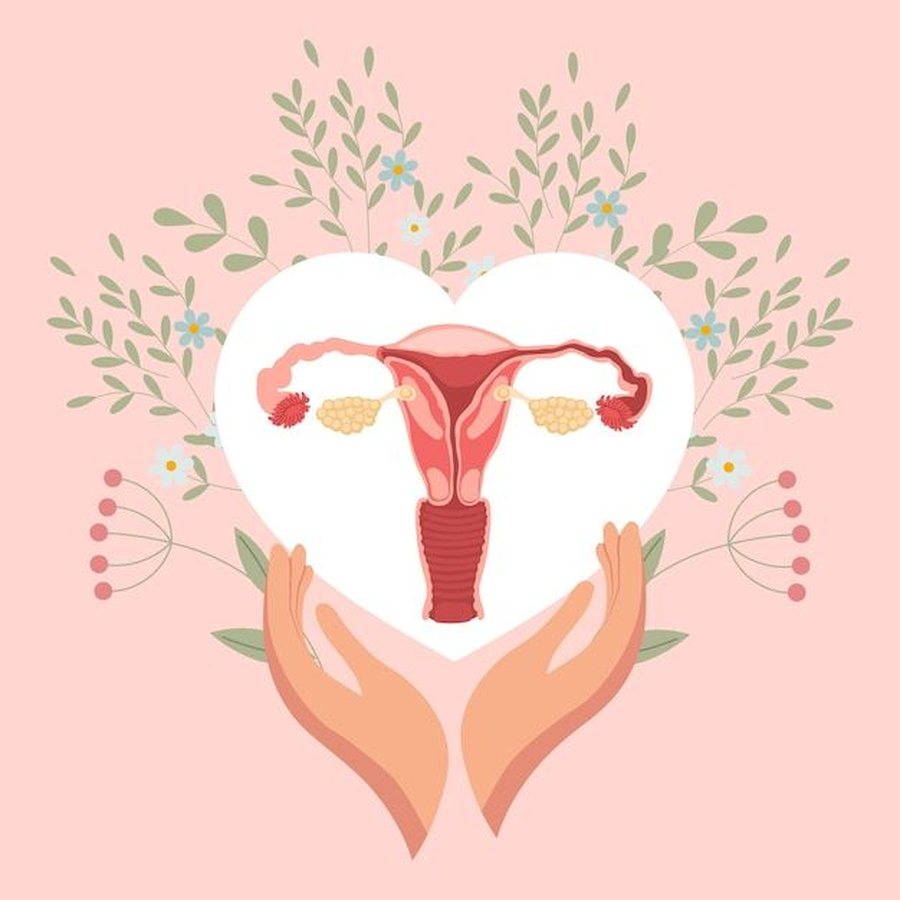
Researchers at the Swiss Federal Institute of Technology in Zurich (ETH) have developed for the first time a technology in a sanitary napkin that detects biomarkers in menstrual blood. The so-called MenstruAI promises early diagnosis of various diseases, even forms of cancer, in the least invasive way possible.
The process is as follows: We insert the sanitary napkin that has a built-in sensor and, after using it, we take a picture of it and use an app to analyze the blood sample.
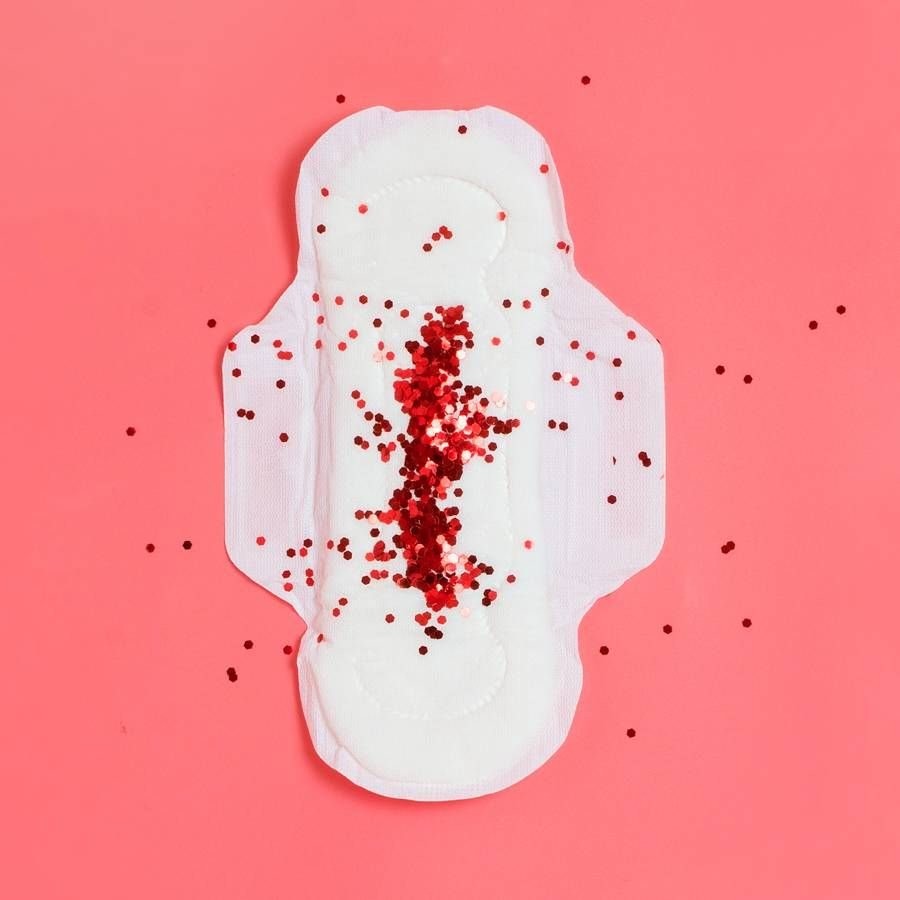
It's surprising, researchers say, how little medical research has been done on menstrual blood, even though it's estimated that over 1.8 billion women in the world menstruate.
"This reflects a systemic lack of interest in women's health," said Lucas Dosnon, lead author and doctoral student at the University of Zurich.
"Until now, menstrual blood has been treated as something 'useless'. We show that it is a valuable source of information," Dosnon added.
In particular, it contains hundreds of proteins, variations of which can be associated with various diseases, even endometriosis or ovarian cancer.
The Swiss researchers, in particular, are focusing on C-reactive protein, a general indicator of inflammation, the cancer marker CEA, which is usually high in all types of cancer, and the protein CA-125, which is high in cases of endometriosis and ovarian cancer. At this stage, more protein-based biomarkers are being studied that could potentially be added to the list of tests.
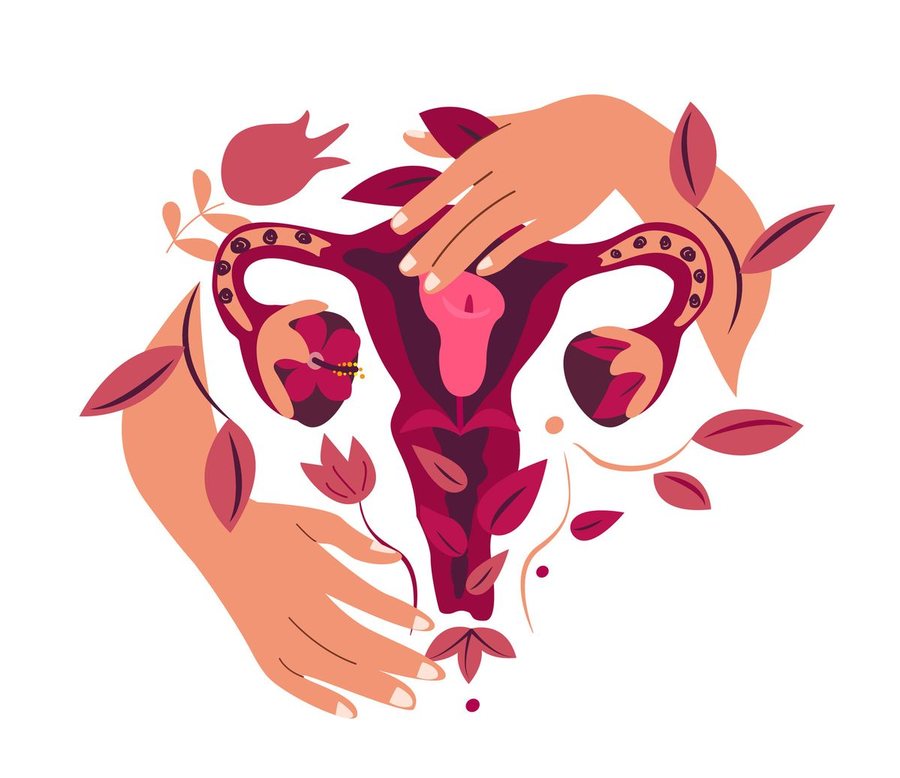
After an initial test on a small group of volunteers, the scientists now aim to test MenstruAI on over a hundred more people. In collaboration with the project's creators, they are also looking to optimize the user experience of these pads.
If all goes well, it will develop into a simple and inexpensive diagnostic tool that could even save lives. And it will tap into a body function that has been taboo until now:
"When we talk about taking care of our health, we can't simply exclude half of humanity," notes University of Zurich professor Inge Herrmann, noting that even in scientific circles, menstruation is still treated as a taboo.
Lucas Dosnon added:
“Such bold programs are needed to break existing patterns of behavior and ensure that women's health finally takes the place it deserves.”




